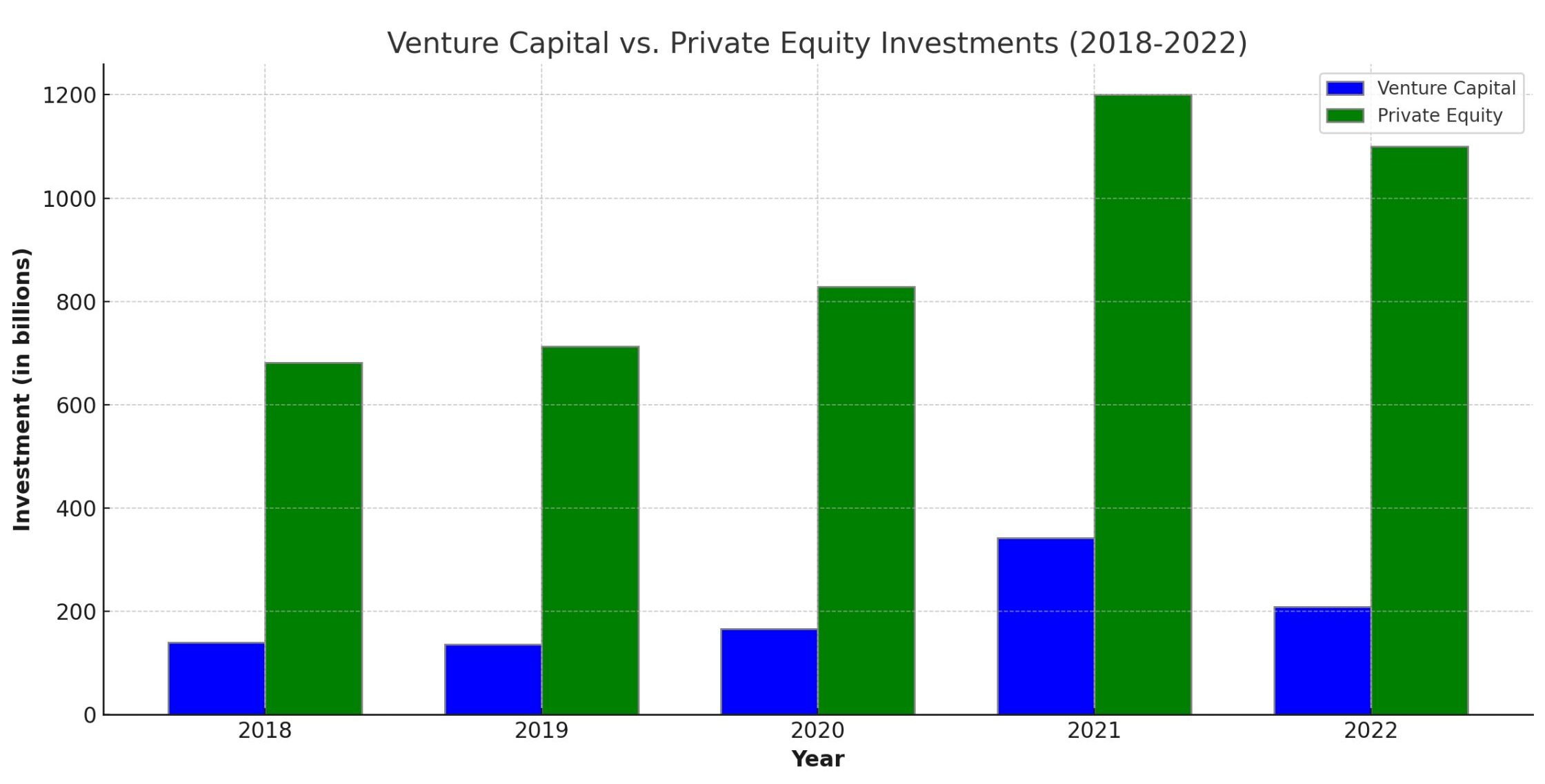Introduction
Private investors play a pivotal role in the financial ecosystem, providing essential capital for startups, real estate ventures, and other business endeavors. This article delves deep into understanding private investors, how to locate them, strategies to attract their attention, and the economic impact they create.
Who Are Private Investors?

Private investors are individuals or entities that invest their own capital into businesses, real estate, or other investment opportunities. Unlike venture capital firms or public investment funds, private investors typically use personal or discretionary funds. They seek profitable opportunities and often provide not just capital but also mentorship and strategic advice.
Key Characteristics of Private Investors
- Personal Capital: Private investors use their own money for investments.
- Flexibility: They have more flexibility in investment decisions compared to institutional investors.
- Mentorship: Many private investors provide guidance and industry expertise in addition to funding.
- Long-term Vision: They typically focus on long-term gains rather than short-term profits.
Types of Private Investors
Understanding the different types of private investors is crucial for tailoring your approach. Here are some common categories:
1. Angel Investors
Angel investors are affluent individuals who provide capital for startups at the early stages, often in exchange for equity ownership or convertible debt. They are known for taking risks on new ventures with the potential for high returns.
2. High-Net-Worth Individuals (HNWIs)
HNWIs invest substantial amounts in various assets, including real estate and private equity, leveraging their significant personal wealth. They often have a keen interest in diversifying their investment portfolios.
3. Family Offices
Family offices manage the investments of wealthy families, investing in a diverse portfolio that includes private companies and real estate. They often have a long-term investment horizon and seek stable, profitable ventures.
4. Peer-to-Peer (P2P) Lenders
P2P lending platforms connect private investors with borrowers, facilitating personal loans, often with higher returns than traditional investments. These platforms provide opportunities for investors to fund small businesses or real estate projects directly.
5. Corporate Investors
Corporate investors invest in other businesses, often in the same industry, to create strategic partnerships and expand their market reach. They typically look for synergies and growth opportunities.
How to Locate Private Investors
Finding the right private investors requires strategic planning and leveraging multiple resources. Here’s a comprehensive guide on how to locate them:
Networking Events
Attend industry conferences, startup pitch events, and investment forums to meet potential investors. Events like TechCrunch Disrupt, Web Summit, and local business expos are great places to start.
Online Platforms
Utilize online platforms like AngelList, LinkedIn, and Gust to connect with private investors actively looking for opportunities. These platforms provide detailed profiles of investors, making it easier to find a good match.
Professional Advisors
Engage with financial advisors, legal consultants, and accountants who often have networks of private investors. These professionals can provide introductions and recommendations based on their clients’ interests and investment criteria.
Pitch Competitions
Participate in pitch competitions that attract angel investors and venture capitalists seeking new investment opportunities. Winning or even just participating in these events can significantly increase your visibility.
Social Media
Leverage social media platforms to share your business story and attract the attention of private investors. Platforms like LinkedIn and Twitter are particularly effective for building professional networks and showcasing your business.
Industry Publications
Advertise in industry-specific publications and online forums where private investors are likely to seek new opportunities. Publications like Forbes, Entrepreneur, and industry-specific journals can be valuable resources.
Alumni Networks
Tap into alumni networks from your educational institutions. Many successful entrepreneurs and investors are willing to support fellow alumni.
Finding Private Investors for Real Estate
Real estate is a popular investment sector for private investors due to its potential for high returns and tangible assets. Here’s how you can find private investors for real estate:
Real Estate Investment Clubs
Join local or online real estate investment clubs to network with potential investors. These clubs often host events and provide platforms for sharing investment opportunities.
Real Estate Crowdfunding Platforms
Platforms like Fundrise, RealtyMogul, and Crowdstreet connect real estate developers with private investors. These platforms offer a streamlined way to raise capital for real estate projects.
Real Estate Agents and Brokers
Real estate professionals often have connections with investors looking for profitable deals. Building relationships with experienced agents can lead to introductions to potential investors.
Property Auctions
Attend property auctions where investors are actively looking for real estate opportunities. Auctions provide a direct way to connect with investors interested in acquiring new properties.
Personal Connections
Reach out to your network for potential private investors interested in real estate. Friends, family, and business associates can often provide valuable leads and introductions.
Real Estate Conferences and Seminars
Participate in real estate conferences and seminars to meet industry professionals and potential investors. Events like the National Real Estate Investor Conference offer opportunities to network and learn about investment trends.
Loans and Other Funding Options
In addition to private investors, businesses can explore various funding options to raise capital. Here are some common methods:
- Bank Loans: Traditional bank loans are a common way for businesses to secure funding. TUsually, these loans need collateral, a strong business plan, and a clean credit record.
- SBA: To assist small businesses, the Small Business Administration (SBA) provides a range of loan programs. In comparison to conventional bank loans, SBA loans frequently offer better terms and cheaper interest rates.
- Crowdfunding: Companies can raise modest sums of money from a large number of people through crowdfunding websites such as Indiegogo, Kickstarter, and GoFundMe.
- Government Grants: Various government agencies offer grants to support specific industries or initiatives. While grants do not need to be repaid, they are often highly competitive and require detailed applications.
- Venture Capital: Businesses with significant growth potential can receive funding from venture capital firms.
- Peer-to-Peer Lending: P2P lending platforms connect borrowers with individual lenders. These loans often have more flexible terms and can be a good option for businesses that may not qualify for traditional bank loans.


